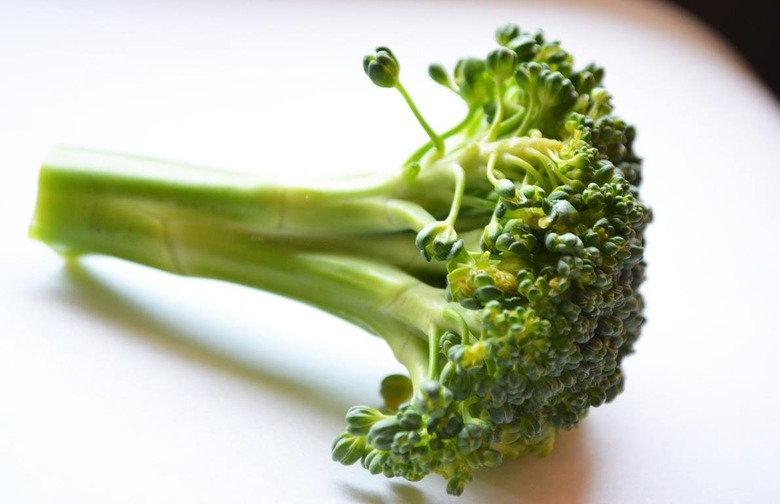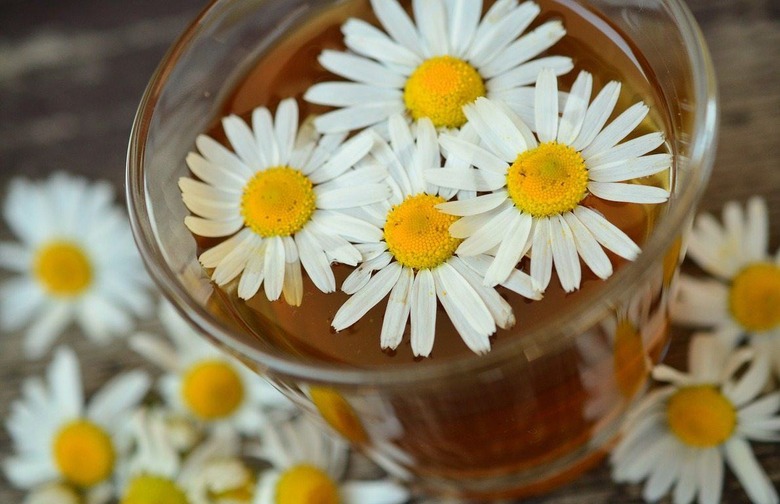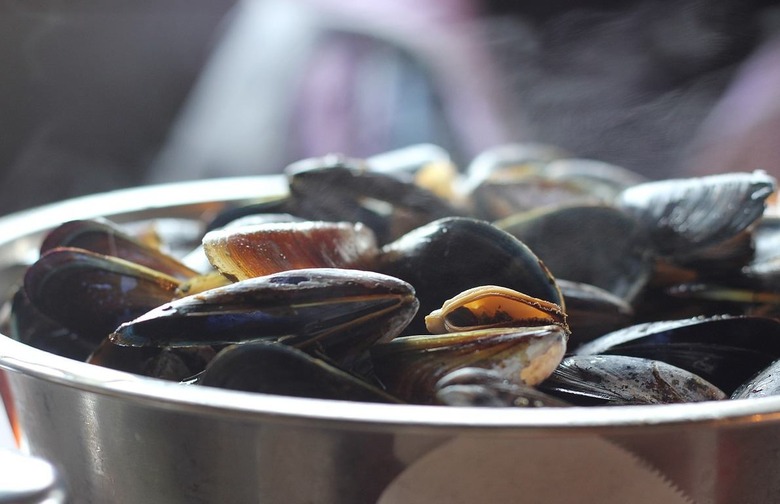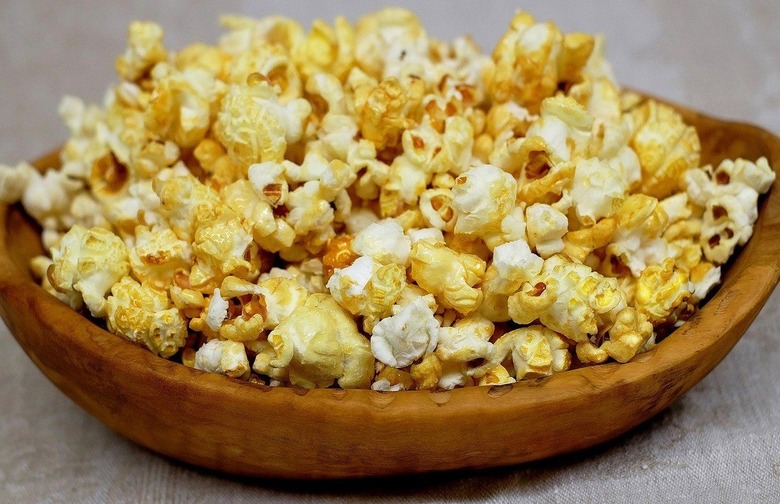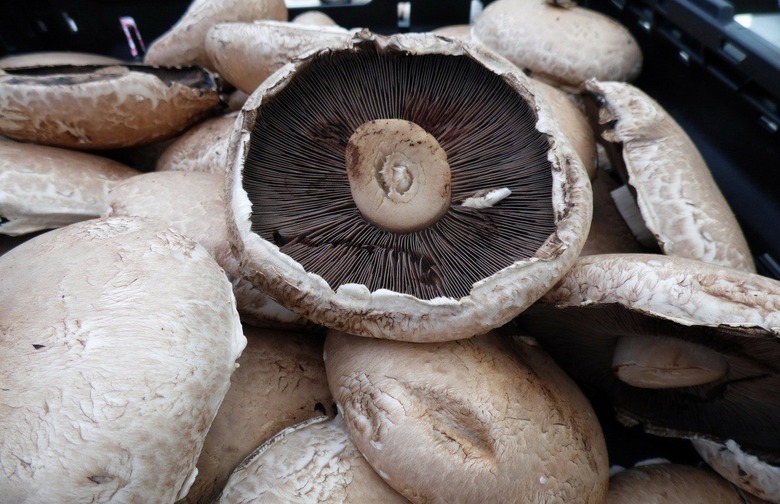Beat The Post-Daylight-Saving-Time Blues With These 8 Foods And Beverages Slideshow
One cup of cooked black-eyed peas contains 89 percent of your daily value of vitamin B-9 (folic acid). Folic acid is crucial nutrient for normal brain functioning and emotional health, but alcoholism, celiac disease, or inflammatory bowel disease can all negatively affect its absorption. To make sure you're getting enough of this important vitamin, try some of these simple black-eyed pea recipes.
Broccoli
The University of Maryland Medical Center warns that 90 percent of Americans don't get enough chromium in their daily diet. A half-cup of broccoli provides you with 11 micrograms, or almost 50 percent of the recommended daily value of chromium. This trace mineral works directly with mood regulators in the brain, and it aids in managing levels of mood-boosting neurons like serotonin, norepinephrine, and melatonin.
Chamomile tea
The dark days of winter disrupt the body's natural clock; to get it back on track, try drinking some chamomile tea. The daisy-like herbal tea has mild sedative effects (among other benefits), which can help those suffering from seasonal insomnia.
Mussels
A heaping bowl of mussels, steamed in an aromatic sauce of white wine and garlic, is a perfect way to tantalize your taste buds while relieving some of that seasonal depression. Besides transporting you to memories of beach-side summer cookouts, mussels contain a high amount of vitamin B-12, which has been found to positively affect mood and other brain functions.
Popcorn
The winter weather, which encourages us to stay indoors, is optimum snacking conditions, but be careful not to munch on foods that will spike your blood sugar levels. Refined carbohydrates like cookies, doughnuts, and candies can cause the body to release a rush of insulin, which can result in headaches, fatigue, and irritability. Complex carbohydrates, like popcorn, are great snacking options because they help avoid a late-day sugar crash.
Portabella Mushrooms
The unilluminated mornings of winter take a toll on our tans, but they also affect our natural intake of vitamin D. Fortunately, sunlight is not the only source of vitamin D; it can also be consumed inside at the dinner table. Portabella mushrooms farmers expose their crops to additional lighting, which boosts the vitamin D content by almost 3,000 percent. Increasing vitamin D intake has been used as an easy and cost-effective way to lessen the effects of depression.
Salmon
Incorporating salmon, with its omega-3 fatty acids, into your breakfast routine can help brighten up those gloomy winter mornings. Studies show that a lack of omega-3 fatty acids can contribute to mood disorders and increase feelings of depression. Other sources of omega-3 fatty acids, which can easily be added to breakfasts, include flaxseed and walnuts.
Swiss Chard
Swiss chard contains magnesium, an essential mineral for neurological health that is most often found in seafood and organic meat. Magnesium is not prolific in the American diet because of our overreliance on refined carbohydrates that have their minerals stripped away. A deficiency in this mineral, however, can lead to a number of different mental health-related symptoms such as anxiety, irritability, confusion, and sleeplessness.

